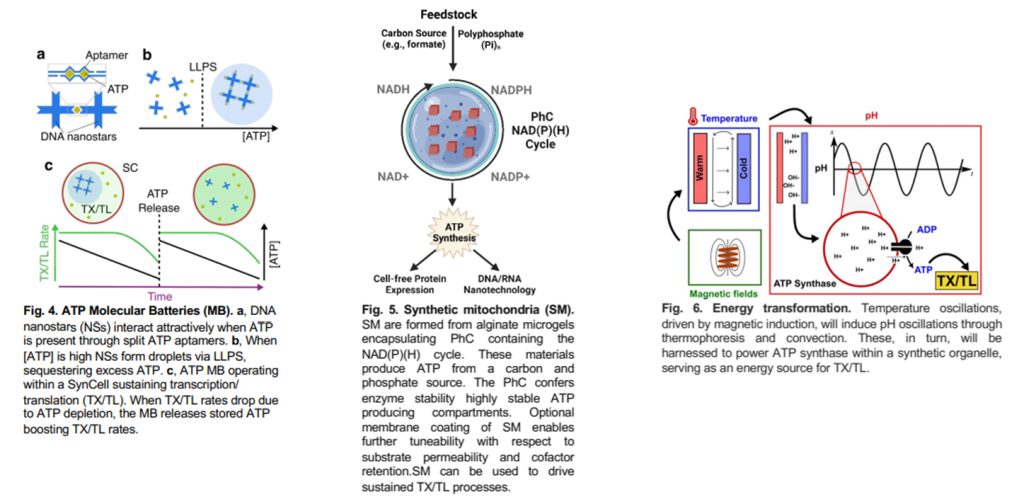Research Title
Artificial cell technology is expected to achieve a revolution in healthcare, bio-manufacturing, and environmental restoration. However, since artificial cells have problems with energy generation, conversion, and storage, sustaining their functions for long periods is difficult, making practical application difficult. In this Japan-UK SYNERGY project, top research teams from Institute of Science Tokyo, Imperial College London, and University of Cambridge will come together to develop functional modules for energy and logistics, by which artificial cells i) produce ATP from substrates, ii) store ATP in molecular batteries, and iii) convert heat and magnetic forces into ATP. The long-lasting functionality of artificial cells using the modules will enable their applications in the real world.
Furthermore, through extensive exchanges including mutual research visits and international research meetings, we will create opportunities for international talent mobility and circulation through the development of artificial cell technology as well as the cultivation of young human resources.
As a permanent international research hub, the Japan-UK SYNERGY will contribute to the UK and Japan playing a leading international role in the coming artificial cell revolution.
Japanese-English Team Organisation and Research Outlines

This joint team was formed by researchers working in institutions, such as the Japanese Society for Cell Synthesis and fabriCELL in the UK.
The research agenda focuses on the ‘maintenance of function’ that occurs during the application of artificial cells in the field of engineering biology. In particular, we comprehensively study the mechanisms of energy generation, storage and its conversion into function.
The team consists of world-leading researchers who respectively have been working on artificial cells for about 20 years.
Researchers entering the field from diverse disciplines such as physics, chemistry, informatics, engineering, and biology collaborate and drive the research forward.
Specific Research

